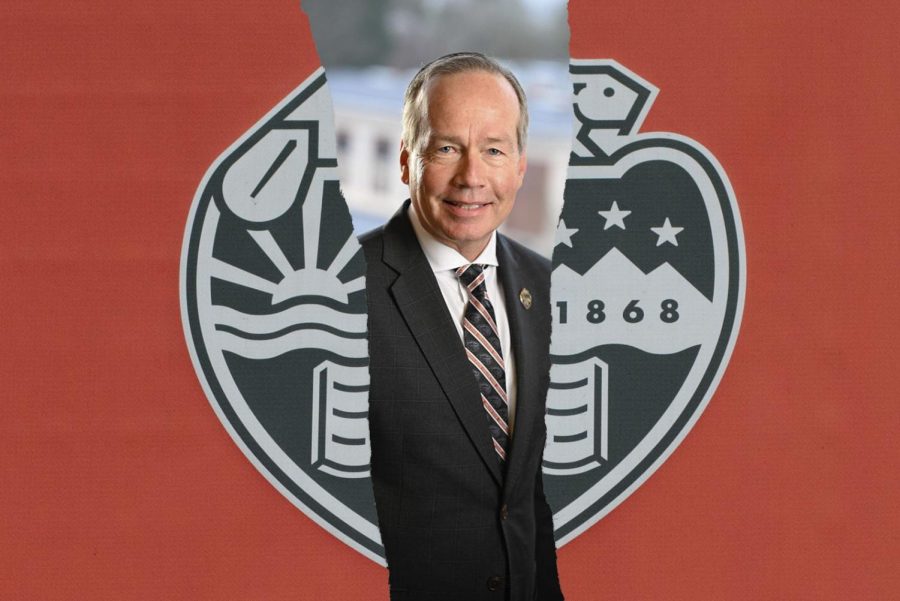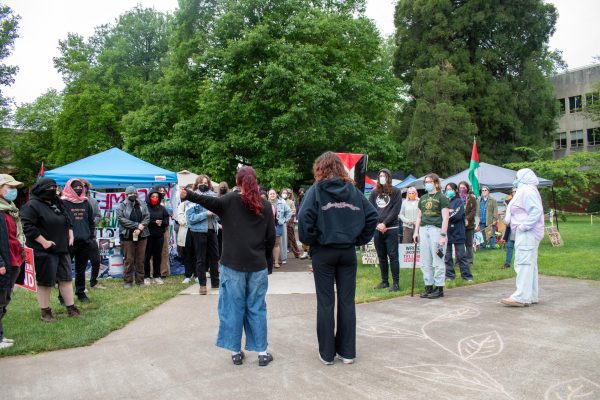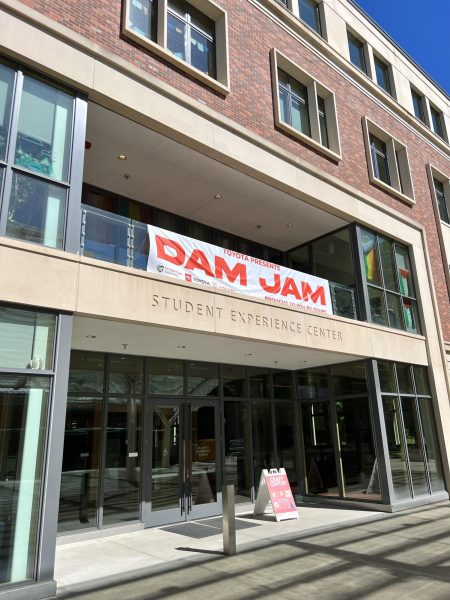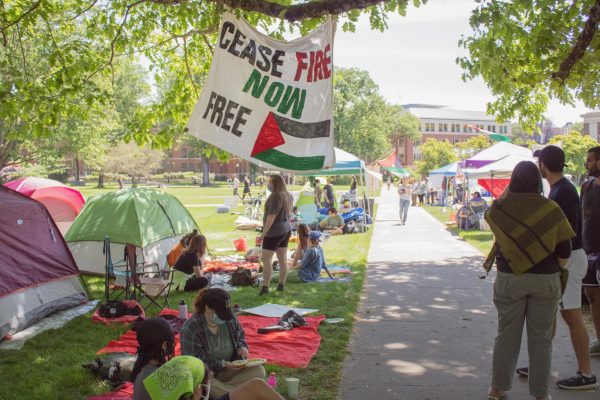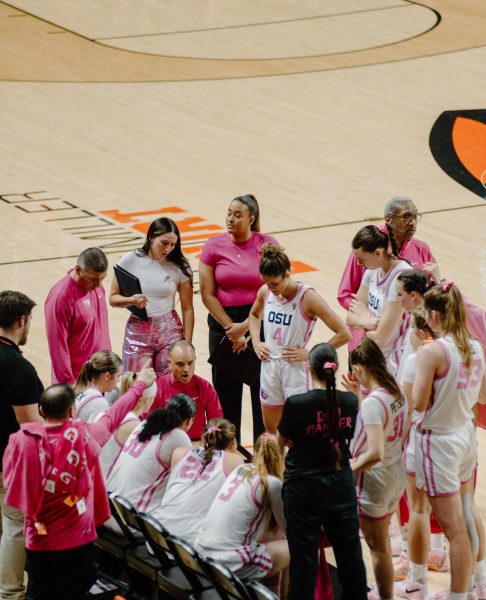New presidential search, concerns from OSU community discussed in BOT meeting
March 24, 2021
The Oregon State University Board of Trustees has discussed the parameters of their next presidential search in a board meeting on March 24.
The meeting follows the resignation of OSU President F. King Alexander after weeks of controversy involving Louisiana State University’s handling of Title IX violations during his tenure as University President.
Discussed was the question of transparency of the presidential search, specifically how to handle calls for increased openness. This led to concerns that future presidential candidates would not want to come forward due to not wanting to be public about searching for a different job.
“I had heavy input from our review of best practices of searches at other universities,” said Trustee Derry Callahan. “Being that open meant that we would not be able to attract a pool of candidates that had good jobs, and were unwilling to risk being public about trying to change their job.”
Callahan cites LSU’s release of Alexander, following his acceptance of a job at OSU.
“That’s the balance I think, if we run a so-called ‘open search’ where the finalists come to campus publicly, we run the risk of not attracting a number of good candidates,” Callahan said. “Can we get enough good candidates with a so-called ‘open search,’ I really don’t know, but it is a risk.”
However, Callahan says that due to events over the past “several weeks”, that they would have to consider an open search “much more strongly.”
Trustee Julia Edwards, however, brings up how social media has changed the process for the better, even though she still has her concerns.
“There’s been a change in the context and I think that this is a conversation with the larger community because I do think that the community expects the trustees to get, not just one candidate, but a number of candidates that meet the qualifications and [that] they be strong, qualified candidates,” Edwards said. “My experience is… the individuals that currently have positions are generally not willing to go into an open process in which there are multiple candidates.”
Edwards brought up some ideas on how to have both an open process with qualified candidates, including taking the leading candidate through an open process before being offered a job.
“I do think that it is a really good conversation to have with the community because I think the same things that Trustees need to wrestle with, is good for the community to understand the trade offs.” Edwards said.












































































































